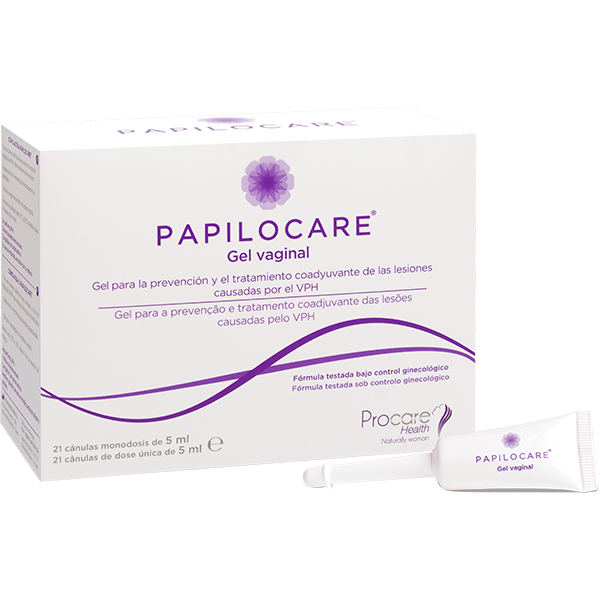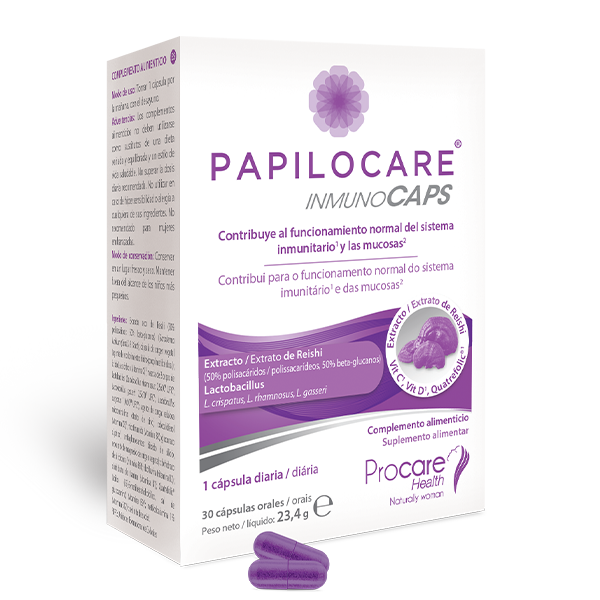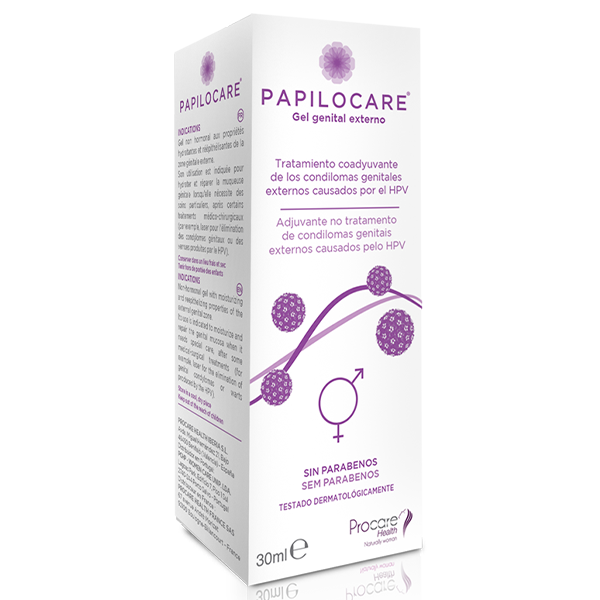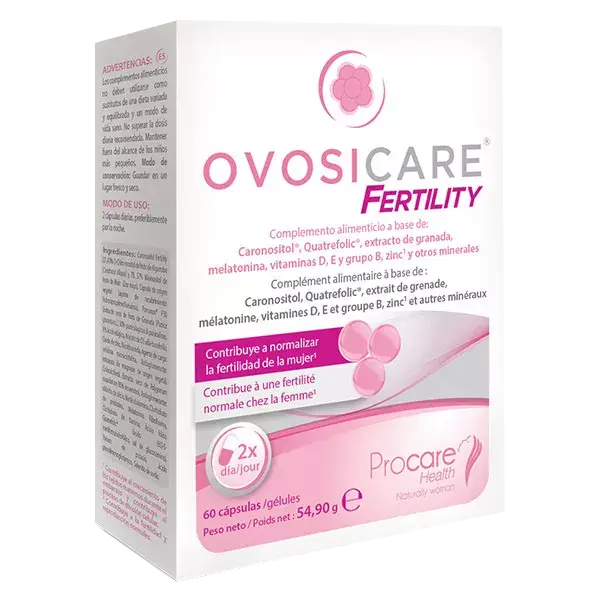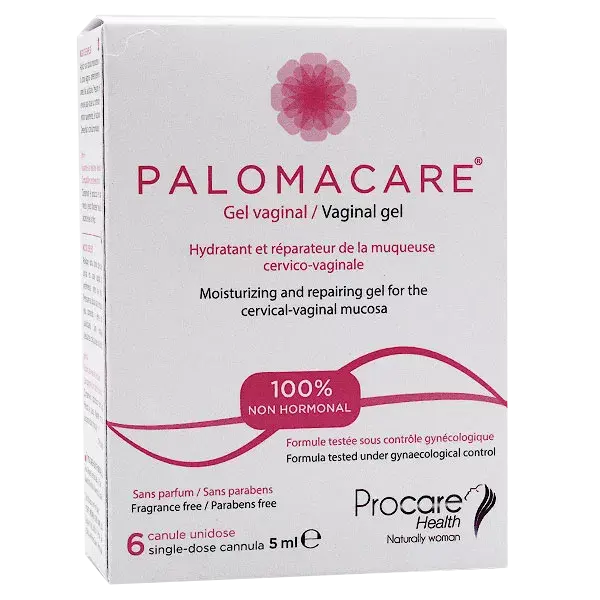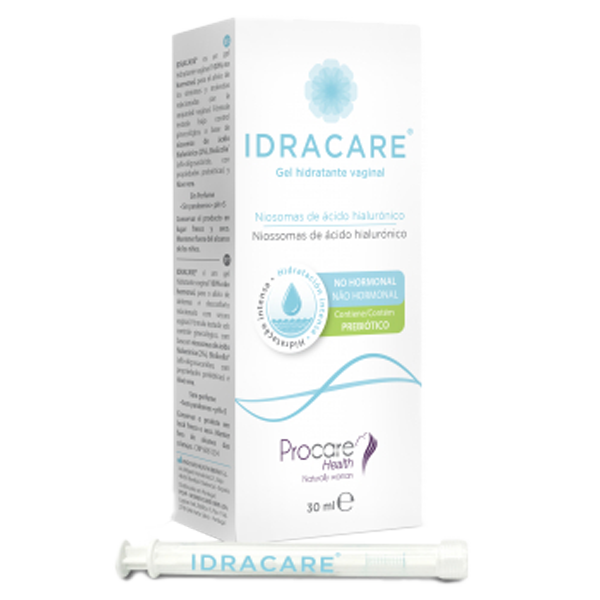High-risk CIN 1 and treatment options

You’ve been told you have CIN 1 and you’re wondering what to do next. Find out what it means, what the risks are and your treatment options.
I have CIN1. Is it high risk?
CIN is caused by human papillomavirus or HPV, which most sexually active people have at some point. A diagnosis of CIN means there are some changes to the cells that line the cervix. You may hear it described as abnormal cells, or a lesion.
CIN 1 is considered a low-grade lesion. The abnormal cells or CIN cells go to a depth of about a third of the surface layer of the cervix.
CIN 2 and 3 mean the abnormal cells have grown deeper in the surface layer of the cervix. Doctors monitor the progression of CIN because there is a higher risk that CIN 3 could develop into cancer.
How likely is it to develop into CIN 2 or CIN 3?
Among general HPV patients the chance of it developing to CIN 2 or 3 within two years is 11%.
Am I at risk of CIN 1 progressing? What are the risk factors?
Persistent infection is one of the risks. If you have been HPV positive for two years or more (persistent HPV) and have CIN 1, there is a higher chance it will develop to CIN 2 or 3.
You have a much higher risk of persistent HPV if you:
- are older than 40 (a 50% higher risk than those aged 30-39)
- are older than 50 (three times the risk of those aged 30-39)
- have a lot of HPV in your body (high viral load)
- have follow-up checks that show your viral load is increasing (four times higher risk compared to those whose viral load is decreasing).
So, if you are over 40, you are less likely to clear the HPV from your body. As a result, you have a higher risk of CIN 1 progressing to CIN 2 or 3.
I’m in a high-risk group – what are my treatment options for CIN 1?
The current approach is to ‘wait and see’. This means you will have no treatment for a year and you will be checked to see if your body’s own immune system naturally clears the lesion and the HPV. You will be offered a smear test in 12 months’ time and if this test finds there are still abnormal cells or lesions on your cervix, you will have a further test known as a colposcopy. With a colposcopy, your cervix is looked at closely with a microscope to check if the abnormal cells or lesions are improving or not.
You can talk to your doctor or nurse about having the lesions removed. The most common treatment uses a wire loop heated by an electric current to remove the affected cells in the cervix. This is most commonly done if the cells have progressed to CIN 2 or 3.
Is there an alternative treatment for CIN 1?
Yes - alternatively, you can use Papilocare® vaginal gel. This is the only proactive solution proven to work with early-stage CIN 1 lesions.
Unlike standard treatments to remove lesions, Papilocare® is non-invasive. The gel is applied and works directly on the cervical-vaginal area and is proven in clinical studies to improve the chances of clearing lower-grade cervical lesions and clear all strains of the virus within six months, when used as recommended.
This natural (non-hormonal) treatment has been shown to work consistently in general and high-risk HPV patients. In the PALOMA 1 clinical trial, 85% of patients who used Papilocare® regressed their cervical lesions. The rate was 88% among high-risk patients after 6 months treatment.
A second clinical study, the PALOMA 2 studied the effect over the HPV clearance, showing that up to 85% of patients cleared out after 6 months. The results of the PALOMA2 study were presented at the European Society of Colposcopy, and leading colposcopists can advise about Papilocare®.
Where can I get Papilocare®?
Papilocare® is registered as a medical device in the UK and you can buy it without a prescription. LivBio is the official retailer of Papilocare® in the UK.
You can find out more about Papilocare® and purchase it here.
Disclaimer: Information on this website is provided for informational purposes only and not intended as a substitute for the advice provided by your physician or other healthcare professional. You should not use the information on this website for diagnosing or treating a health problem or disease, or prescribing any medication or other treatment. For medical advice, diagnosis and prescription, please consult a healthcare professional. More Information >
Disclaimer: Information on this website is provided for informational purposes only and not intended as a substitute for the advice provided by your physician or other healthcare professional. You should not use the information on this website for diagnosing or treating a health problem or disease, or prescribing any medication or other treatment. For medical advice, diagnosis and prescription, please consult a healthcare professional.
© LivBio Limited 2024 All Rights Reserved.
